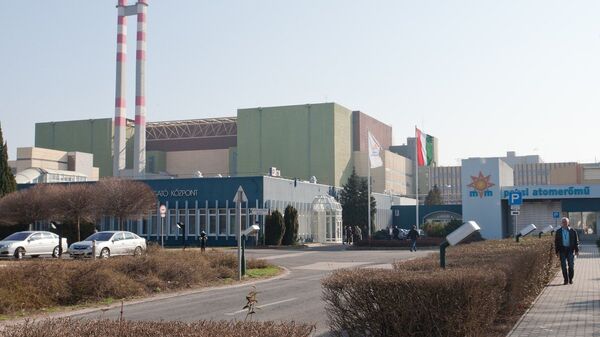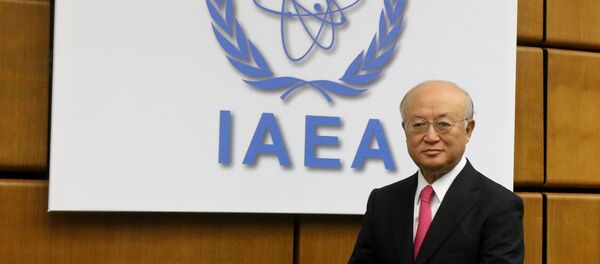"We are looking for the best solutions, already proven options, which we are still testing through expertise, and we have a training center that we use internationally. But there is something where we would like to connect to strengthen this experience, so that we Hungarians could be added to Russian technologies, this is an obvious choice," he said, answering the question about the reasons for choosing Russian nuclear technologies.
Paks NPP has been operating in Hungary for 30 years, he said. "And our experience of its operation is obviously very positive: very stable supply, which is estimated as one of the most effective in the world," he said, adding that the general level of population's support for nuclear power in the country is very high, more than 70 percent.
Dan visited Russian nuclear facilities in the Leningrad region with the delegation of the Permanent Representatives to the IAEA.
Paks, the only Hungarian NPP, was built in the 1980s and produces up to 50 percent of Hungary's electricity, according to the European Commission. The Paks II project includes the construction of two new reactors to phase out the four dated reactors currently operating at the Paks site. The agreement between Russia's Rosatom and the Hungarian MVM Group on the building of the two new units for the plant to be fitted with Russian VVER-1200 reactors was reached in January 2014. Russia is expected to provide Hungary with a loan of up to 10 billion euros ($11.3 billion) to complete the project.



